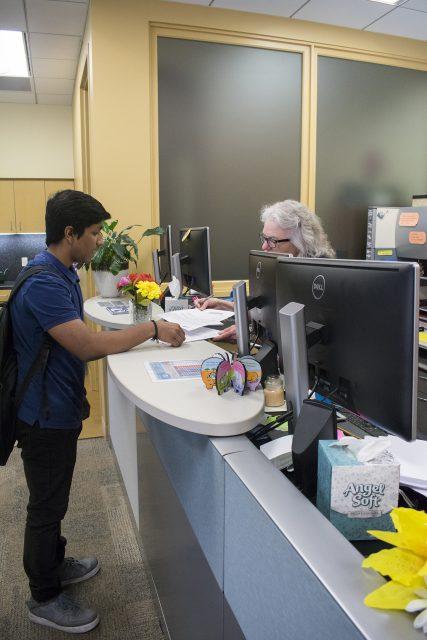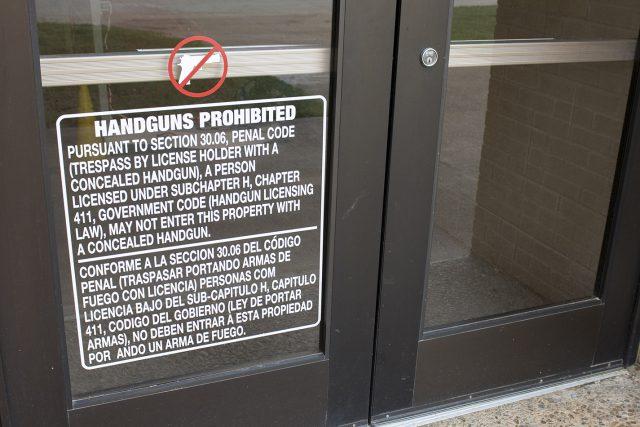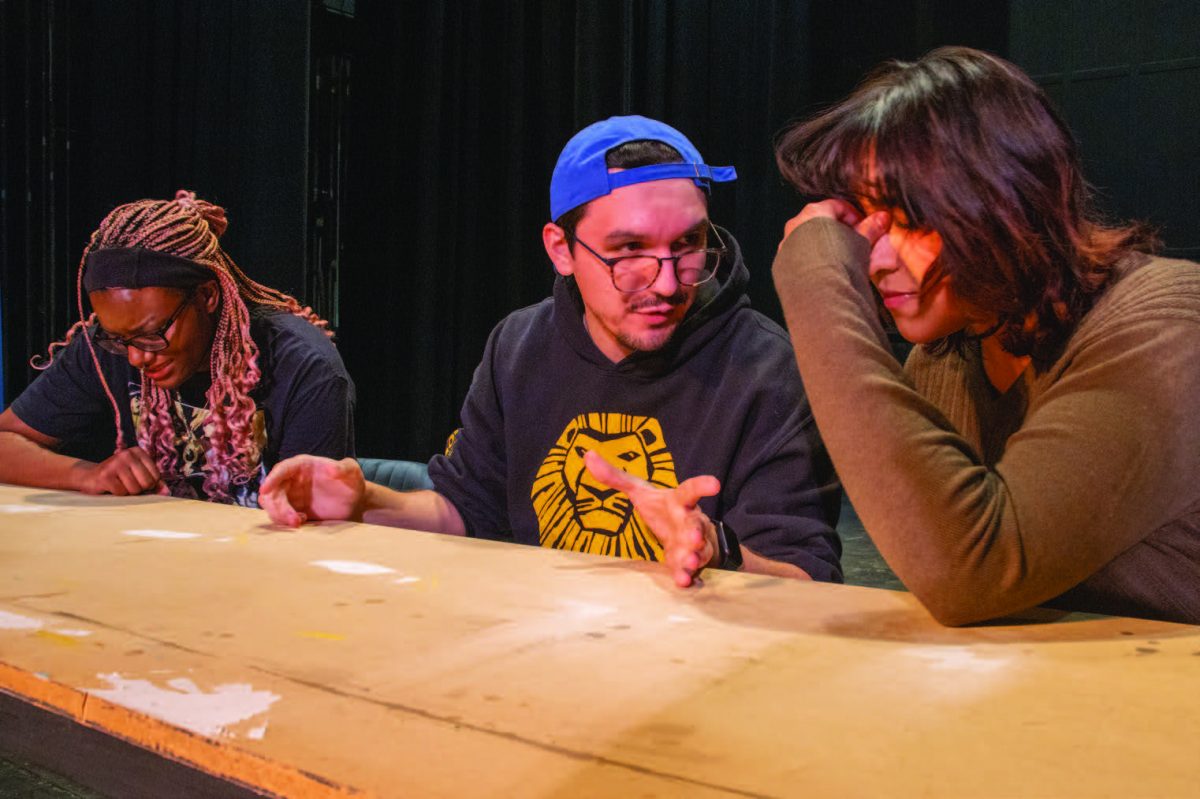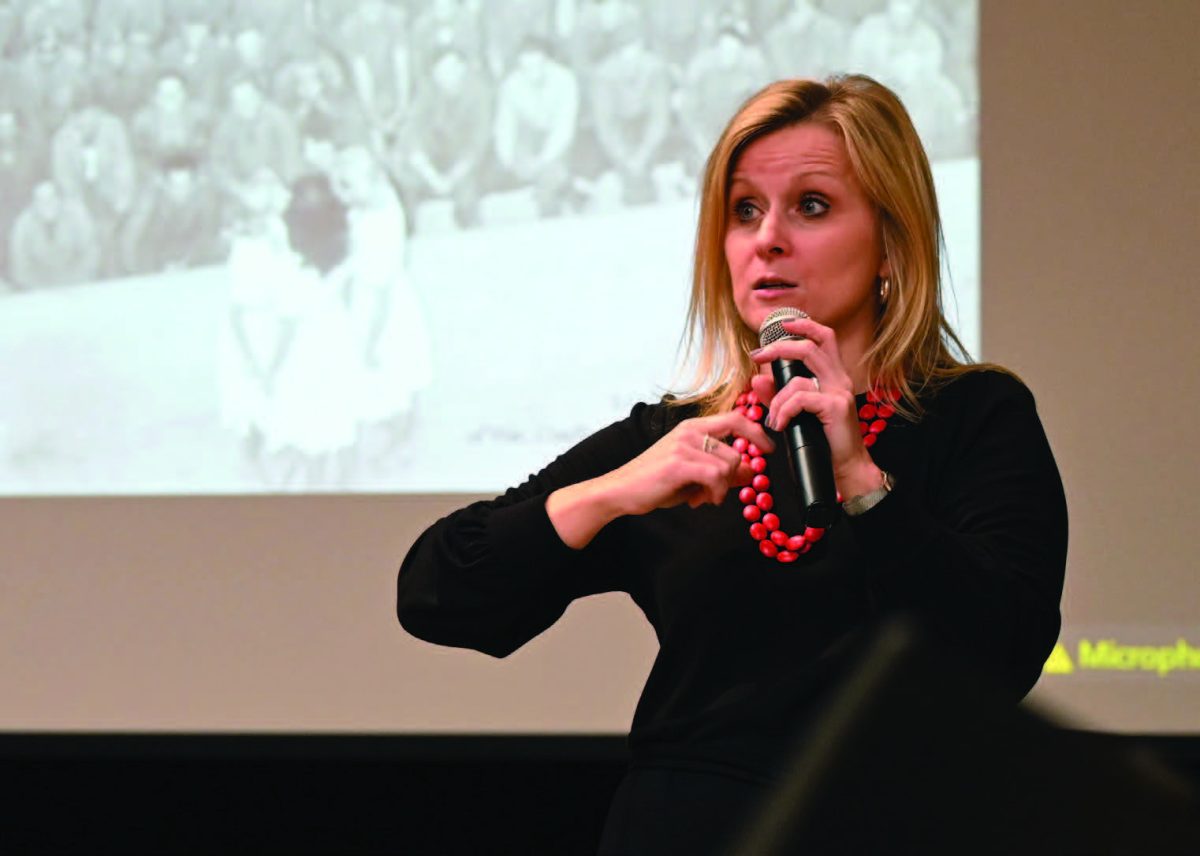By Kathryn Kelman/editor-in-chief
Student accessibility resources at TCC levels the academic playing field for students with visible and invisible disabilities.
Office personnel meet with students each semester to decide what type of assistance they may need, TR SAR coordinator Kimele Carter said.
“It’s a case-by-case, class-by-class basis,” she said. “Not every student has the same needs, nor does a student have the same needs for every class they take.”
The SAR offices are designed to connect TCC students with disabilities to the accommodations and resources they need to fulfill their academic goals, Carter said.
“We work with students who have varying levels of disability,” she said.
From note-taking help to interpreters to assistive technology, SAR offers a variety of services to make the curriculum at TCC accessible for students with disabilities, but it’s not a buffet, SE SAR coordinator Kaleb Cameron said.
“Accommodations are based on need and not preference,” he said.
Accommodations are individualized depending on the limitations of a student’s disability, Cameron said.
“Most of the academic adjustments we put in place are really little things,” he said, “but they can make a significant difference in not only the performance and opportunities for our students but also for their trajectory careerwise.”
Academic accommodations don’t give students with disabilities an advantage over their peers, NE SAR coordinator Kim Eason said.
“[Accommodations] make sure they [students] are starting at the same level as everyone else,” she said.
To obtain academic accommodations, students must provide documentation of their diagnosis and the way it limits them, Eason said.
“They have to have documentation from a licensed professional,” she said. “But if they don’t, we can refer them to a diagnostician.”
Any SAR coordinator can refer a TCC student to the diagnosticians, but students must show a history of struggling academically to qualify for the referral. The diagnosticians only do assessments for learning disabilities, she said.
“[Students] can come in anytime to meet with a SAR coordinator,” Eason said.
But the sooner students come in the better, she said.
“It’s better for students to ask for the assistance prior to classes starting instead of struggling through the first few weeks before deciding they need help,” Eason said.
Information shared with SAR is confidential and does not show up on transcripts. Students with some form of documentation regarding a disability or suspect they have one are encouraged to stop by the SAR office on their home campus for advisement.
Despite each syllabus encouraging students to go to the student accessibility resources offices if they’re in need, many are hesitant to walk through the doors.
“I think people need to understand this isn’t the principal’s office,” Carter said. “This is a place to help you succeed.”
Sometimes, students find it difficult to go to the SAR coordinator on their home campus because of stigmas or negativity associated with their disability, Cameron said.
“But it’s a part of diversity and how we all have our own strengths and challenges,” he said.



































